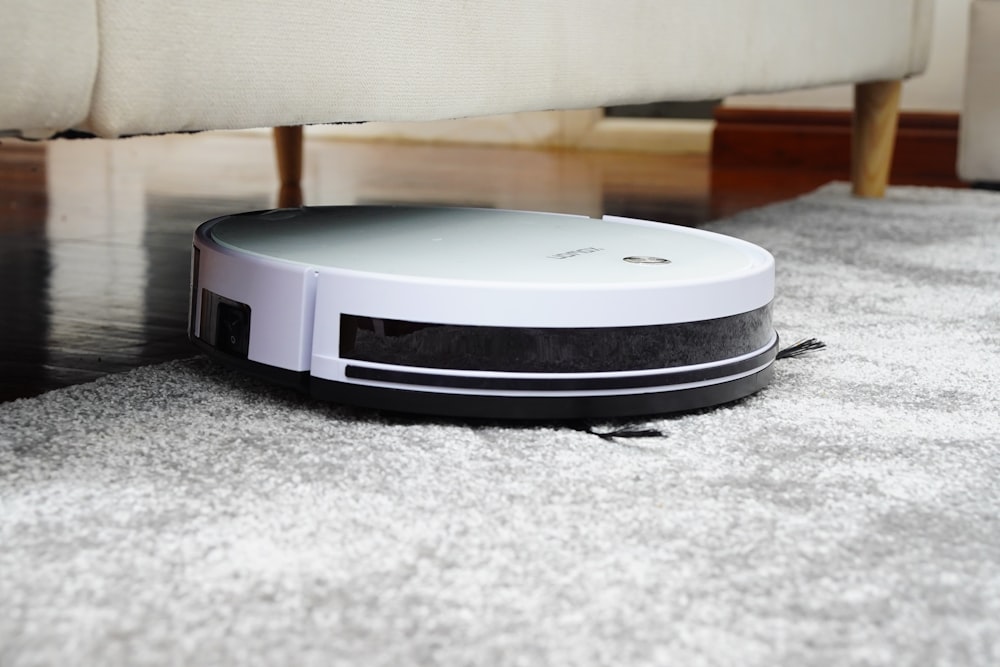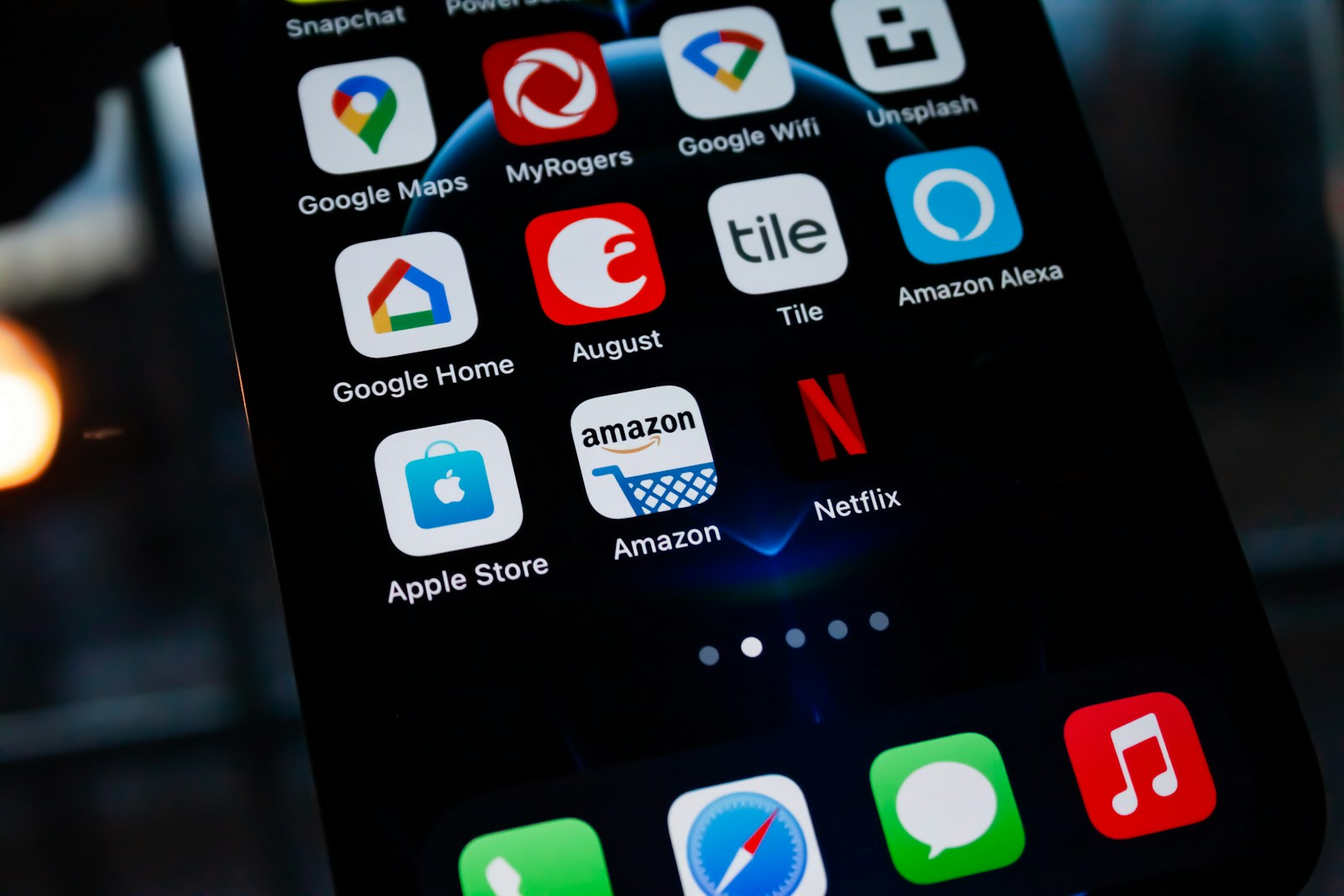
Keywords: Amazon, iRobot, acquisition, antitrust, regulatory hurdles

Introduction
In a surprising turn of events, Amazon has called off its proposed acquisition of iRobot, a leading robot vacuum cleaner manufacturer. The e-commerce giant cited “undue and disproportionate regulatory hurdles” as the reason behind this decision. The deal, which was announced in 2022, faced antitrust scrutiny on both sides of the Atlantic, with the European Union expressing concerns about its potential impact on competition in the industry. This article delves into the details of the failed acquisition and explores the regulatory challenges that led to its termination.
The Proposed Acquisition and Regulatory Concerns
Amazon’s plan to acquire iRobot for $1.7 billion in cash was met with excitement and anticipation in the tech industry. iRobot, known for its popular Roomba vacuum, seemed like a perfect fit for Amazon’s expanding smart home ecosystem. However, the deal faced significant regulatory scrutiny, particularly in Europe, where competition concerns took center stage.
The European Commission, the executive arm of the European Union, expressed its preliminary view that the acquisition could harm competition in the market. The commission raised concerns about potential limitations on product visibility and access to certain labels, such as “Amazon’s choice,” which could give Amazon an unfair advantage over iRobot’s competitors. Additionally, the commission suspected that Amazon might manipulate costs to advertise and sell its rivals’ products on its platform.
While the acquisition received clearance from British antitrust regulators, the Federal Trade Commission in the United States continued to investigate the potential anticompetitive effects of the deal. The regulatory hurdles on both sides of the Atlantic created a challenging environment for Amazon and iRobot, leading to the eventual termination of the acquisition.
Amazon’s Response and Criticisms of Regulatory Hurdles
David Zapolsky, Amazon’s general counsel, expressed disappointment at the termination of the deal and criticized the regulatory hurdles that hindered the acquisition. He argued that such hurdles discourage entrepreneurs and hinder innovation and competition, contrary to the regulators’ stated intentions. Zapolsky emphasized the importance of mergers and acquisitions in enabling companies like iRobot to compete globally.
The cancellation of the Amazon-iRobot acquisition has sparked debates about the balance between promoting competition and fostering innovation. Critics argue that regulatory scrutiny can stifle business growth and deter companies from pursuing strategic acquisitions. On the other hand, proponents argue that robust antitrust regulations are necessary to prevent dominant companies from stifling competition and harming consumers.
Impact on iRobot and the Path Forward
The termination of the acquisition deal has significant implications for iRobot. The company will receive a previously agreed-upon termination fee of $94 million from Amazon. However, in a separate announcement, iRobot disclosed that it would undergo a restructuring plan to stabilize the company. As part of these changes, approximately 31% of the workforce will be laid off, and CEO Colin Angle will step down. Glen Weinstein, the company’s executive vice president and chief legal officer, will serve as interim CEO during this transitional period.
Consumer rights groups, concerned about Amazon’s growing dominance in the smart home market, had voiced reservations about the proposed acquisition. They feared that the deal would further consolidate Amazon’s position and limit competition in the industry. With the acquisition off the table, these groups hope to see a more level playing field in the smart home market.
Similar Cases of Failed Acquisitions under Regulatory Scrutiny
The failed Amazon-iRobot acquisition is not the first instance of a deal falling apart due to regulatory scrutiny. Last year, Adobe abandoned its plan to acquire online design company Figma for $20 billion after facing concerns from EU and British antitrust authorities. Biotech giant Illumina also had to undo its $7.1 billion purchase of cancer-screening company Grail due to legal battles with antitrust enforcers in both Europe and the United States. These cases highlight the increasing scrutiny of proposed acquisitions by regulatory bodies around the world.




